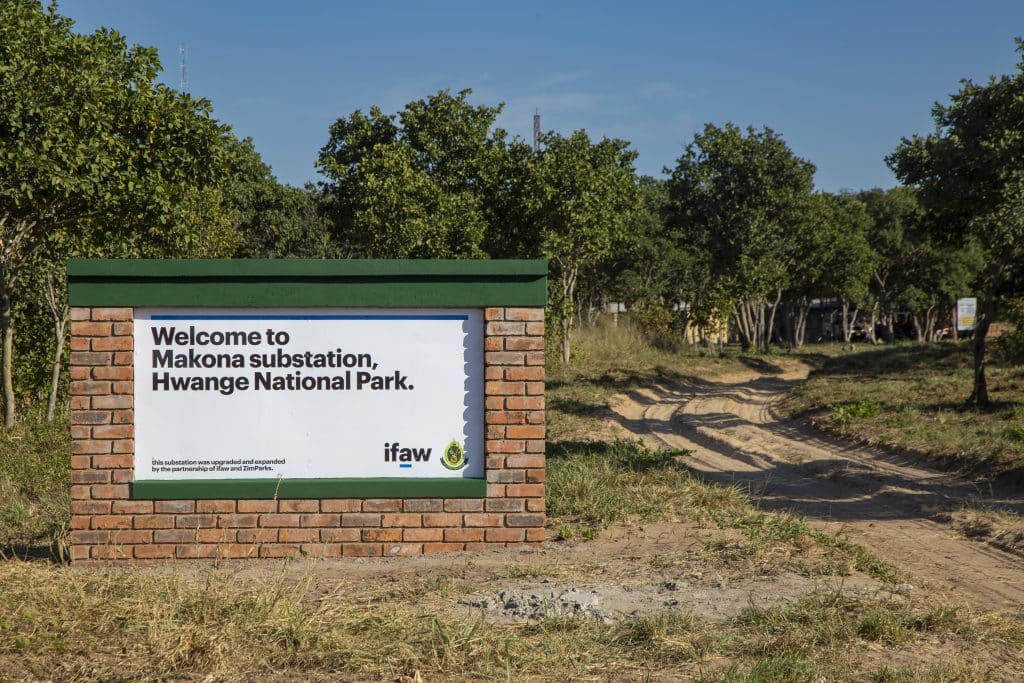Security in Hwange National Park is going up a notch. The 14,651 square kilometre natural protected area in northwestern Zimbabwe now has a base camp. Opened on Saturday 15 April 2023 by Zimbabwe’s First Lady, Auxillia Mnangagwa, in her capacity as Zimbabwe’s tourism and wildlife ambassador, the Makona Ecoguard Station comprises several offices, an operations centre, a recreation area and 12 accommodation units for more than 24 ecoguards and their families.
The base is located about 15 kilometres from the riverside community of Tsholotshlo, to which missions are assigned. In addition to preventing wildlife crime, the ecoguards at this base also have the task of protecting the local communities. The proximity of these communities to the base allows the rangers to be deployed quickly in the event of human-wildlife conflicts.
Over 120 elephants poisoned with cyanide
The opening of the Makona base is the result of a partnership between the Zimbabwe Parks and Wildlife Authority (ZimParks) and the International Fund for Animal Welfare (IFAW).
This IFAW-ZimParks partnership has invested over $3.5 million in the Hwange-Matetsi-Zambezi landscape. These funds have been spent on wildlife crime control, protection and welfare of rangers, park management (infrastructure improvements, management of water resources used by wildlife), tourism development, wildlife rescue and human-wildlife conflict mitigation.
Read also-ZIMBABWE: The state prohibits mining activities in parks and rivers
These actions, in addition to the opening of the Makona game warden post, are intended to turn the page on the disastrous poaching in this area, as well as in the rest of Hwange National Park. In 2013, cyanide poisoning killed more than 120 elephants and other wildlife in the southern part of Hwange National Park, near Makona.
Boris Ngounou
